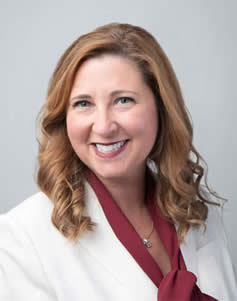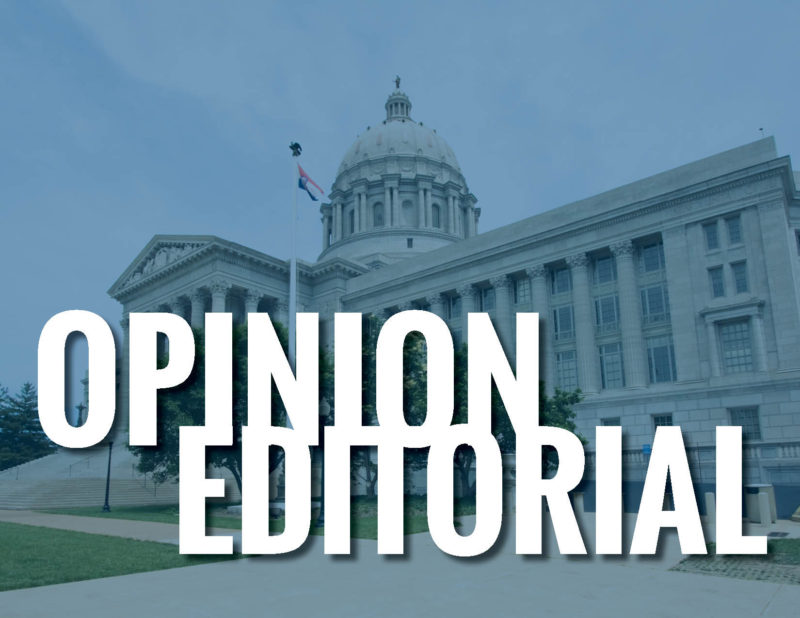As Missouri’s Commissioner of Higher Education, I’m focused on ensuring our colleges and universities are able to educate students safely during the pandemic. It’s important that postsecondary education continues, even during these unprecedented times. I’ve seen firsthand how access to higher education can serve as a transformative experience for students, and as we weather this pandemic, we must prepare all Missourians to come back stronger than before. This extends to incarcerated Missourians and their families, the prisons in which they reside, and the communities they will return to.

Our leaders in Congress have the opportunity to take a crucial step forward in making postsecondary education accessible for all by lifting the ban on Pell grants for incarcerated people. This spring, Missouri State University-West Plains and Ozarks Technical Community College were selected to participate in the U.S. Department of Education’s Second Chance Pell Experimental Sites Initiative, a federal pilot program that allows people in prison to access postsecondary education through need-based Pell grants. These are the only two colleges in the state where incarcerated students are able to apply for Pell grants. While this initiative has proven that corrections and colleges can sustain large postsecondary education programs together, the limited rollout prevents the majority of incarcerated people from securing valuable credentials that make them more likely to secure employment when they return home.
About 95 percent of people in prison will eventually be released, and more than a third will return to prison within three years. When incarcerated people are able to gain the education and skills necessary to secure employment, they are about 48 percent less likely to return to prison than people who do not. Education in prison also strengthens families — incarcerated parents encourage their children to work hard in school and aim for college. This holds the potential to break cycles of poverty and involvement in the criminal justice system.
Studies also show 65 percent of all new jobs require some postsecondary education, but only 22 percent of people in state prison have had at least some postsecondary education in their lifetimes. With the federal Pell ban lifted, Missouri could significantly increase the number of people returning to the community with the postsecondary credentials. A study conducted by the Vera Institute of Justice and Georgetown’s Center on Poverty and Inequality found that the vast majority of people in Missouri’s prisons are Pell-eligible but cannot access postsecondary courses because of the federal ban. This is a lost opportunity for our state.
It costs far less to educate someone than incarcerate them. Based on reduced costs of incarceration if fewer Missourians go back to prison, our state’s taxpayers could stand to save $8 million annually if the Pell ban is repealed. This means more funding that could benefit our health systems, schools, housing needs, childcare, and more.
Colleges are eager to work with students in prison, but the students still need access to financial aid to pay for their tuition. The longer we block incarcerated students from applying for Pell grants, the more Missourians are missing out on opportunities to build stronger futures for our families and our communities. I encourage our lawmakers in Congress to lift the ban on federal Pell grants for all incarcerated people and make the transformative opportunity for postsecondary education available to everyone in Missouri.

Zora Mulligan serves as Missouri’s Commissioner of Higher Education. A native of West Plains, she now lives in Jefferson City with her daughter Anna Lea.








